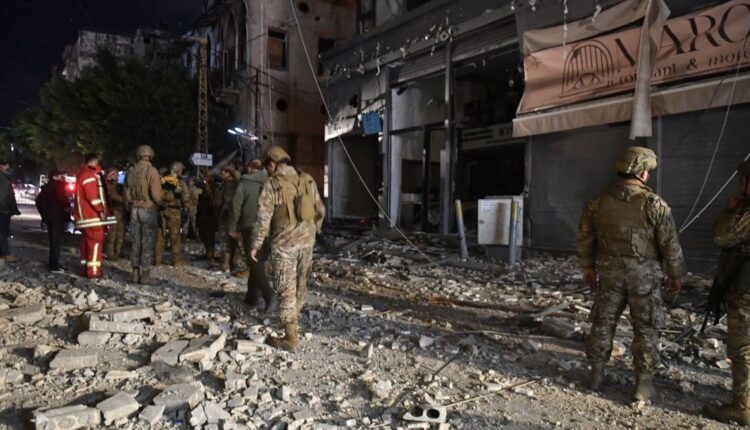KATHMANDU A ceasefire between Israel and Hezbollah has begun at 4 am local time on Wednesday. Earlier, US President Joe Biden had announced it, which was also supported by France.
A few moments before the implementation of the agreement, the details of the Israeli airstrikes in Beirut were published. A few hours before the ceasefire, both sides continued to cross-border attacks. Israeli forces began ground incursions into Lebanon about two months ago in response to Hezbollah rocket attacks that had been going on for about a year. The cease-fire in Lebanon will not directly affect Israel’s ongoing war in Gaza.
According to the terms of the ceasefire, the Israeli army will withdraw from Lebanon within 60 days, while the Hezbollah fighters will be displaced by the Lebanese army in the south of the country in the same period. President Biden said thousands of displaced people on both sides of the border could soon return to their homes.
What do Israel and Lebanon say?
Israeli Prime Minister Benjamin Netanyahu said the ceasefire agreement would help his government focus on the threat from Iran. But he warned that the Israeli military would respond forcefully if Hezbollah broke the agreement. The Prime Minister of Lebanon, Najib Mikati, called the ceasefire a fundamental step to restore stability.
Israeli forces began a ground offensive in Lebanon nearly two months ago. In place of Hizbullah, the Lebanese National Army and the United Nations Interim Security Force (UNIFIL) in Lebanon will fill the vacancy. The five-nation committee and the United States will oversee the deal. “But the Lebanese army has always been far weaker than Hezbollah and UNIFIL has failed to allow Hezbollah to launch rockets at Israel,” says BBC security correspondent Frank Gardner.
The ceasefire has now turned its attention to Gaza, where Palestinians hope the development will pave the way for a quick ceasefire. Others say it has made it easier for Israeli forces to step up their attacks on Hamas, leading to more civilian casualties.
Also the US and France in the Trilateral Mechanism
The United States and France will join the existing tripartite mechanism to implement the agreement. In which previously there were Lebanese army, Israeli army and United Nations peacekeeping force. There will be no US troops in Lebanon. But the US and France will provide training and communications support to the Lebanese army.
The international community has been called upon to support the development of economic infrastructure in South Lebanon in order to maintain the ceasefire. United Nations Secretary-General Antonio Guterres has expressed hope that the ceasefire agreement between Israel and Lebanon will end violence, destruction and suffering.


Comments are closed.